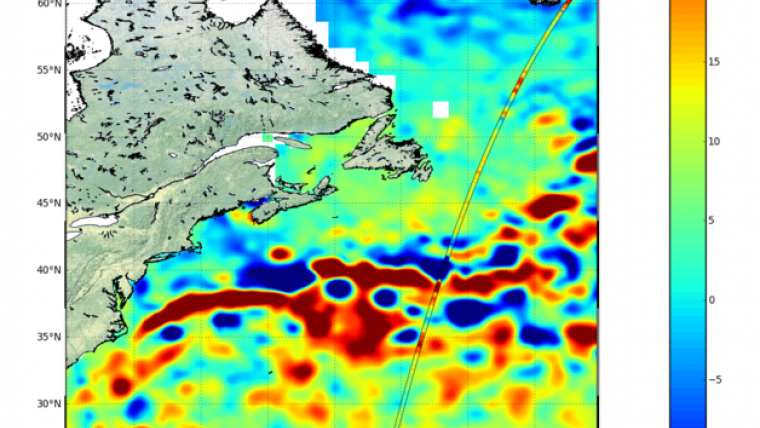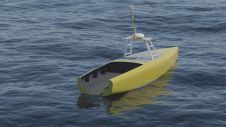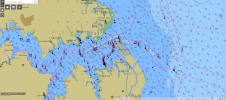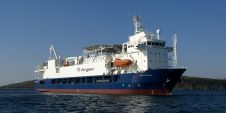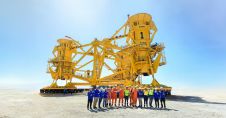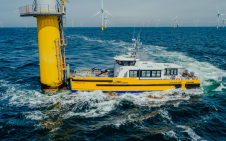Online Course on What Satellites Can Tell Us About Oceans
Tracking the paths of storms and the spread of pollution, helping improve maritime safety and weather forecasting, supporting fisheries and monitoring the effects of climate change are just some of the myriad uses of data from ocean-monitoring satellites. EUMETSAT, the European Organisation for the Exploitation of Meteorological Satellites, is offering anyone with an interest in learning more about the monitoring of oceans from space a free, five-week massive open online course (MOOC).
The course, starting 24 October 2016, is funded by the EU through its flagship Earth observation environmental programme Copernicus, and will run during a timeframe new data and products from the Copernicus Sentinel-3A ocean-monitoring satellite, which was launched in February 2016, progressively become available.
According to EUMETSAT Training manager Dr Mark Higgins, the course is to show participants how to access the ocean-monitoring data that is being collected by satellites every day.
Course Topics
Topics to be covered in the MOOC include why satellite data are used; oceans and climate; weather and hazards such as tropical storms, storm surges and icebergs; and monitoring water quality.
The course is provided through the online learning platform FutureLearn and it has been developed for EUMETSAT by Imperative Space in partnership with Plymouth Marine Laboratory, the National Oceanography Centre (Southampton), CLS France and NASA JPL.
Increasing Amount of Ocean Data
Sentinel-3A has been described as "the most beautiful satellite ever built for oceanography" and will vastly increase the amount of data available about our oceans. EUMETSAT is responsible for the day to day operations of Sentinel-3 and for processing and disseminating its marine data stream.
One of the main users of the data is the Copernicus Marine Environment Monitoring Service (CMEMS), where experts interpret and make available data relating to four key application areas: marine resources, maritime safety, coastal and marine environment and climate monitoring. CMEMS collaborated in the making of the ‘Monitoring the Oceans from Space’ MOOC.

Value staying current with hydrography?
Stay on the map with our expertly curated newsletters.
We provide educational insights, industry updates, and inspiring stories from the world of hydrography to help you learn, grow, and navigate your field with confidence. Don't miss out - subscribe today and ensure you're always informed, educated, and inspired by the latest in hydrographic technology and research.
Choose your newsletter(s)
